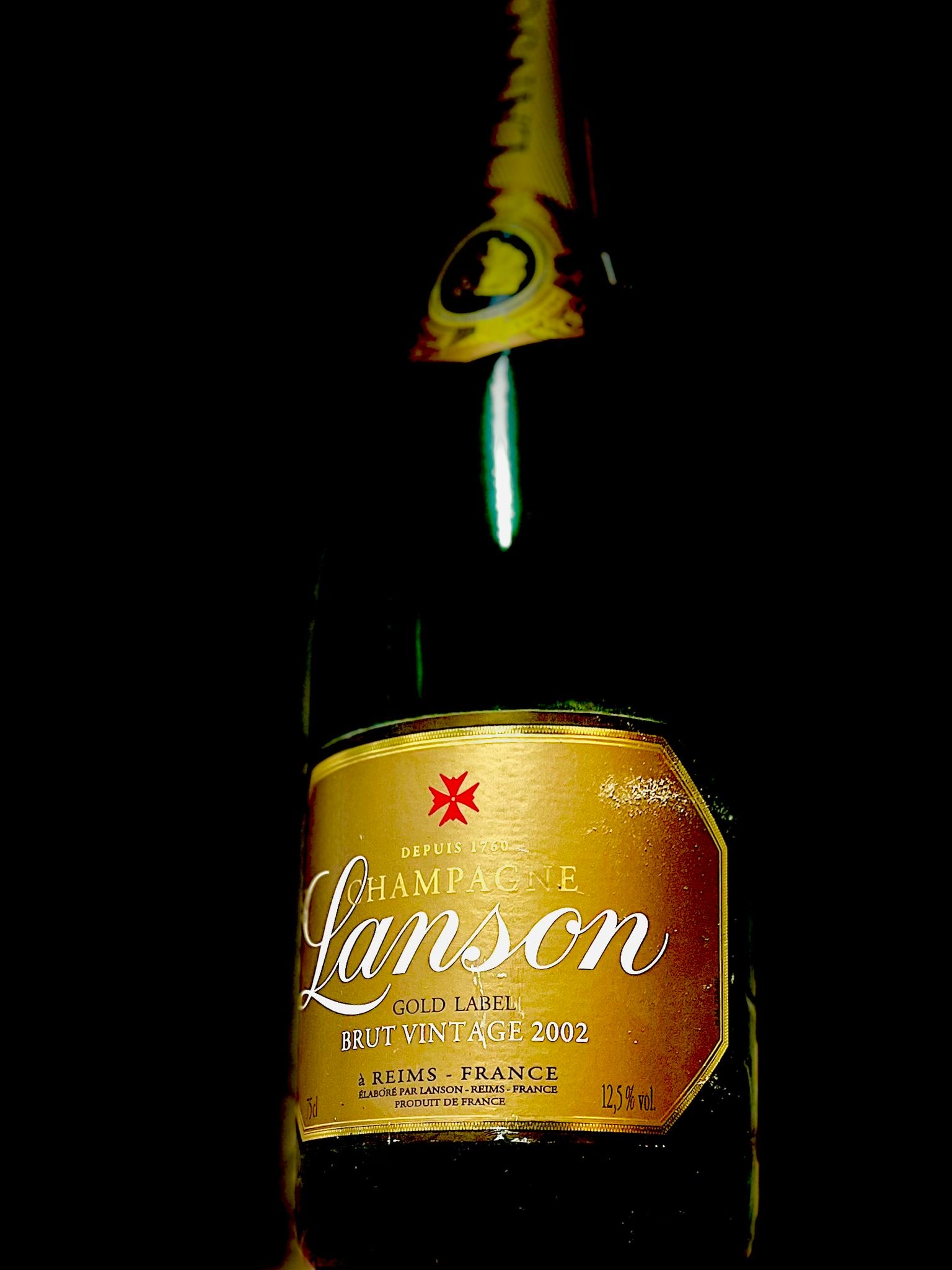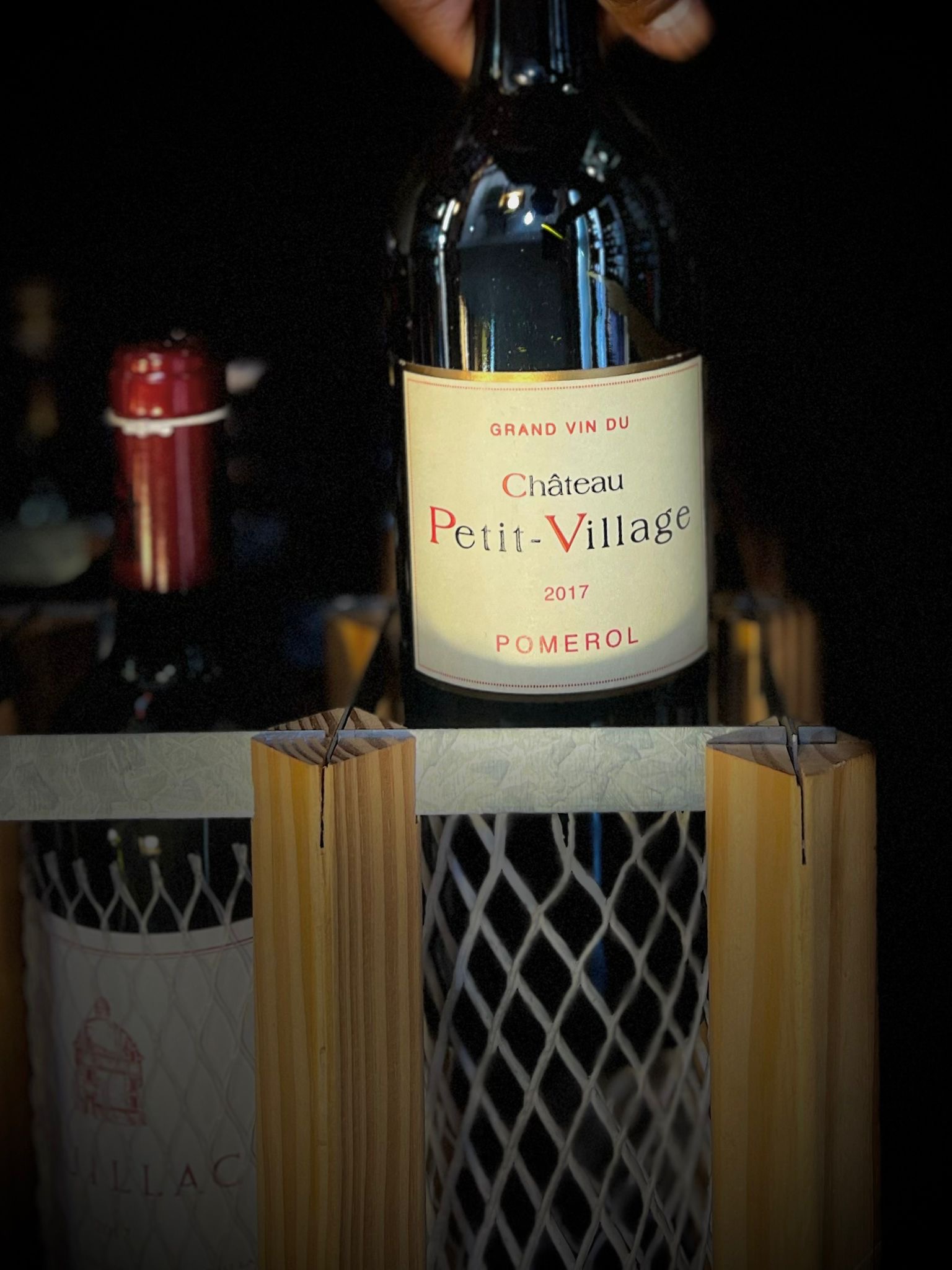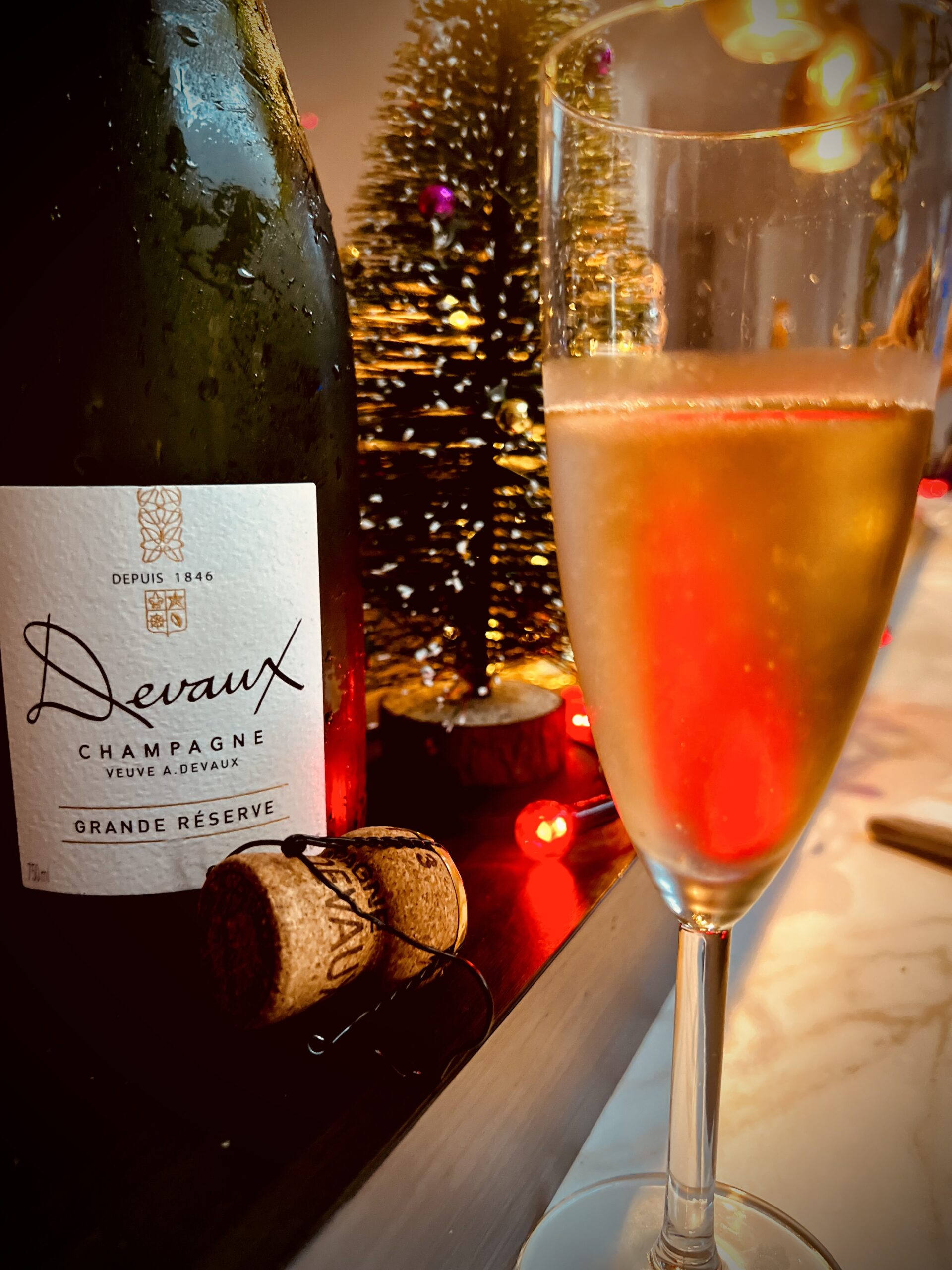Posted on
Share
Time can transform ordinary wines into treasures. But why do some mature more than others? The answer lies in the balance of composition and care, something we explore further in our latest blog post. Here’s our guide to ageing wine, so that you’ll know what to save and what to sip now!
What makes a wine age well?
Wines suitable for aging share a combination of high acidity, moderate alcohol, robust tannins and balanced sweetness. These qualities act as natural preservatives, enabling the wine to evolve and develop complexity over time.
Red wines often have more tannins which come from grape skins, seeds and oak barrels, which makes them great as ageing wines. Over the years, tannins soften, allowing new flavours and aromas to emerge. Similarly, acidity preserves the structure of both reds and whites, preventing them from tasting flat as they age.
The acidity in sparkling wines also allow them to develop nutty, toasty nuances with age, especially those made via traditional methods such as Champagne. High sugar content also acts as a preservative, such as in the case of sweet wines, which are fortified by their sugar content, protecting them against oxidation.

What wines to age at home?
These would be our suggestions of wines to age at home in your own personal wine cellar or portfolio:
Red Wines: Bordeaux blends, Barolo, Brunello di Montalcino and premium Cabernet Sauvignon, all benefit greatly from ageing.
White Wines: Dry Rieslings, Chardonnay and Chenin Blanc develop complex nutty, honeyed, or mineral characteristics.
Sweet and Fortified Wines: Vintage Port, Madeira, Sherry and dessert wines are known for their extraordinary longevity, sometimes lasting decades or even centuries, and are therefore great as ageing wines.
Our suggestions on wines that make great ageing wines therefore would be:
- Bordeaux or Napa Valley Cabernet Sauvignon: Excellent structure and tannins.
- Barolo or Barbaresco: Nebbiolo-based wines known for their longevity.
- Dry Riesling: Acidity allows this white to age gracefully for 10–20 years.
- Champagne: Vintage Champagnes can age beautifully in a cool, dark space.
Pop in store if you’d like to talk to us further about which wines we stock that will age well. We’ll be happy to advise on how to fill your wine portfolio or cellar.

What wines do not age well?
Not all wines are meant to age. Things to steer clear of include:
- Non-vintage sparkling wines,
- Rosé wine
- Light & fruity reds, such as a Beaujolais or Pinot Noir.
- Crisp, unoaked whites, such as an Albariño or a Grüner Veltliner
- Any wine costing below £20.
These are all meant to be enjoyed when they’re fresh and young. If you’re looking for something to enjoy straight away, tell our friendly Wine Buffs when you pop into the store and they’ll be a blue to guide you towards the right bottle.
How to age wine at home
Aging at home is easy, the hardest part is patience! Store bottles horizontally in a cool, dark space with a consistent temperature (12–15°C) and humidity (50–70%).
Opening an aged wine is a journey into time, offering a delicious story. Wines that benefit from ageing transform into something extraordinary, a lush reward your patience and your palate. Experimenting with ageing wine at home can turn a simple beverage into an experience, unveiling the magic only time can reveal. Remember, patience is key – if you want something to enjoy straight away, tell our Wine Buffs when you come into the store an they’ll be able to advise you on a bottle that’s right of you!
Whether you want a special bottle to keep for a while or would like something that can be opened and devoured straight away, Shenfield Wine Co. can help. Pop in store today to pick our knowledge on young and fresh wines vs. those that you should keep for a while.
Continue reading

Eat, drink and be merry with our Christmas wine pairings!
Christmas is coming, and the goose may be getting fat, but the important question is: do you know what wine you’re pairing with that aforementioned goose?!

A truly memorable Gaja tasting at The Tasting Room
Last week’s Gaja Tasting at The Tasting Room, Shenfield, proved that passion and prestige will always outshine doubt. Here’s why…